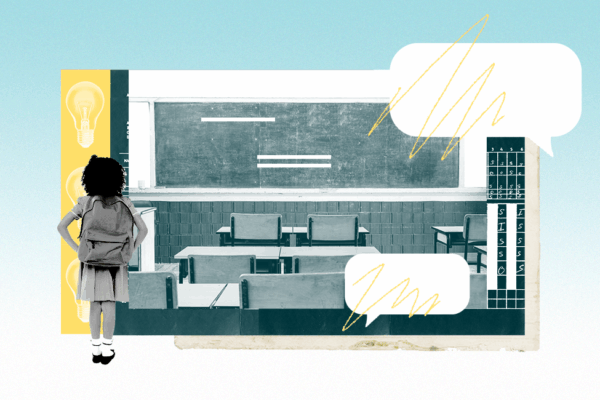Kristin
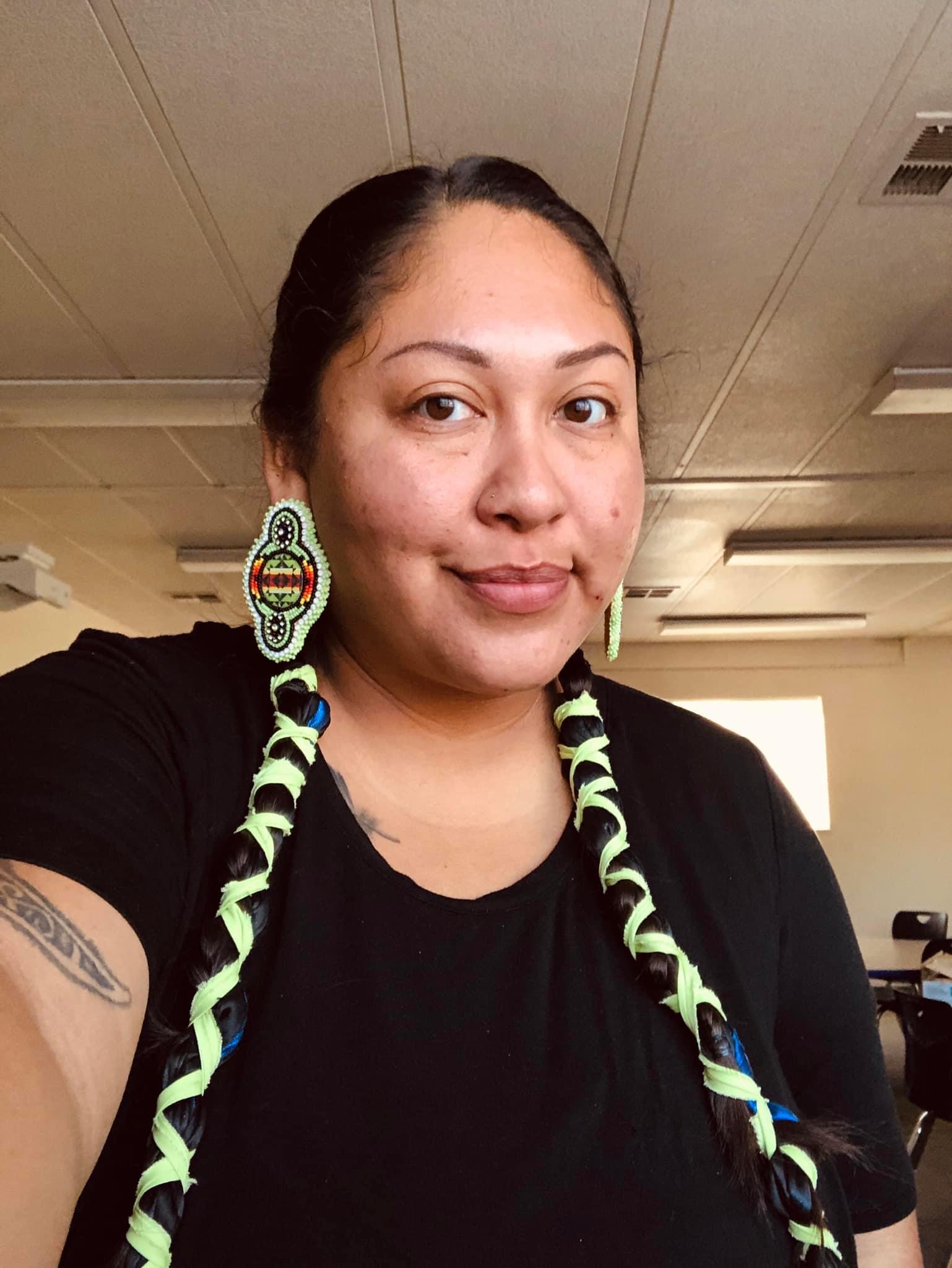
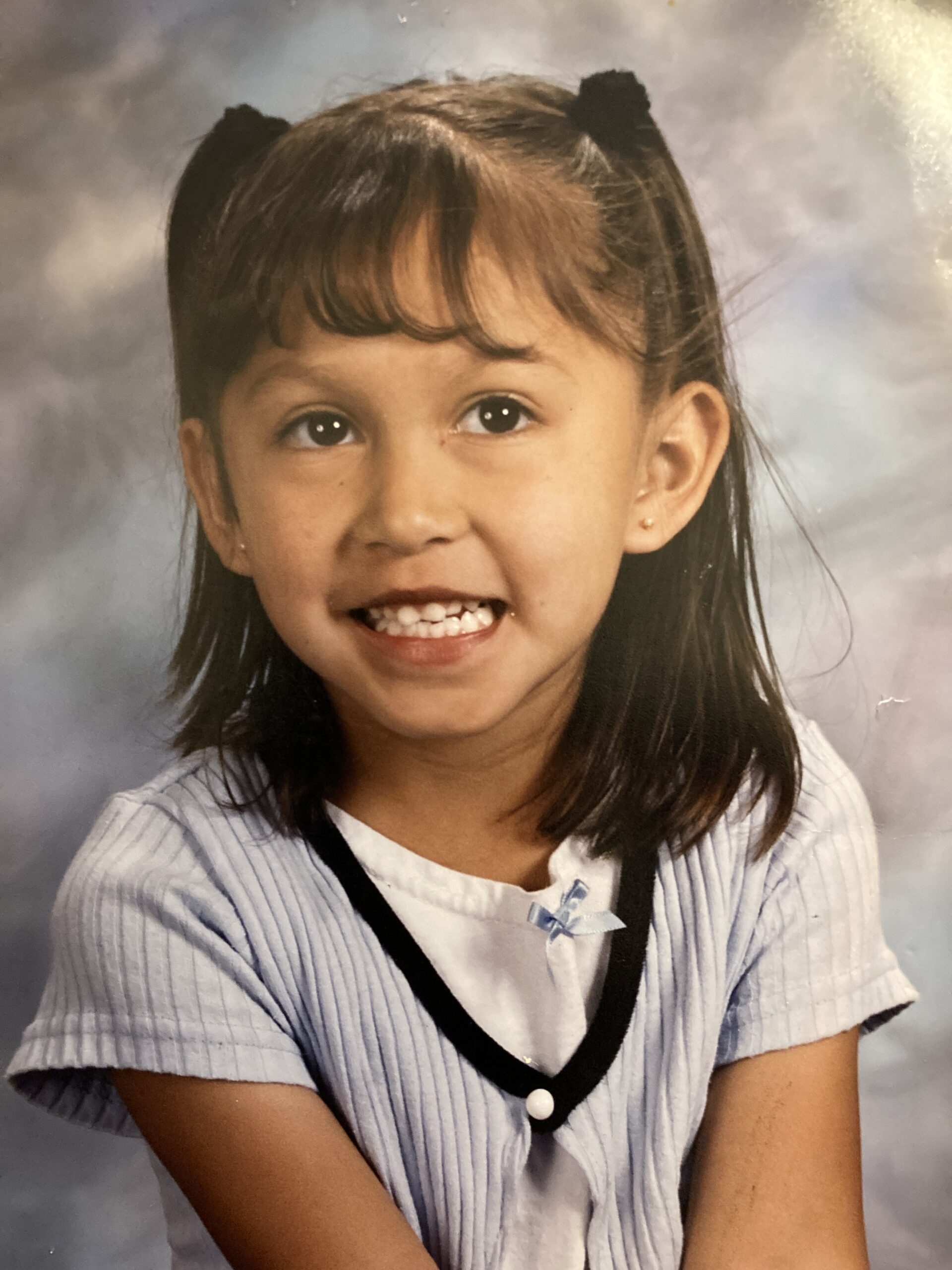
Kristin is the oldest of five daughters who grew up in Nampa and Caldwell, Idaho. Growing up Kristin witnessed her parents deal with substance abuse and with that came food insecurity, violence, and homelessness. But, as Kristin explained, her education was very important to her because it was the tool that would remove her from those cycles.
Kristin shared that, as a Latina and Native American student, she had a unique education experience compared to her peers. She did not always see support for Latinx students in the schools she attended but individual teachers and mentors became her support system. Kristin describes herself as a product of her community. In 2012 she began her journey at the College of Idaho where she eventually received her bachelor’s degree.
Kristin now serves students and families as a Community School Liaison in the Caldwell School District.
Did you see Latinx students experience discipline in a different way when you were in school?
I had a privilege compared to other students who looked like me, other Brown kids. I was quiet and obedient out of fear because of what I was experiencing at home. I would often sit in class and see other kids who were acting out or living up to that label the adults set for them, I would ask myself, why can't they just listen? Do they not understand? To survive you have to submit to this authority?
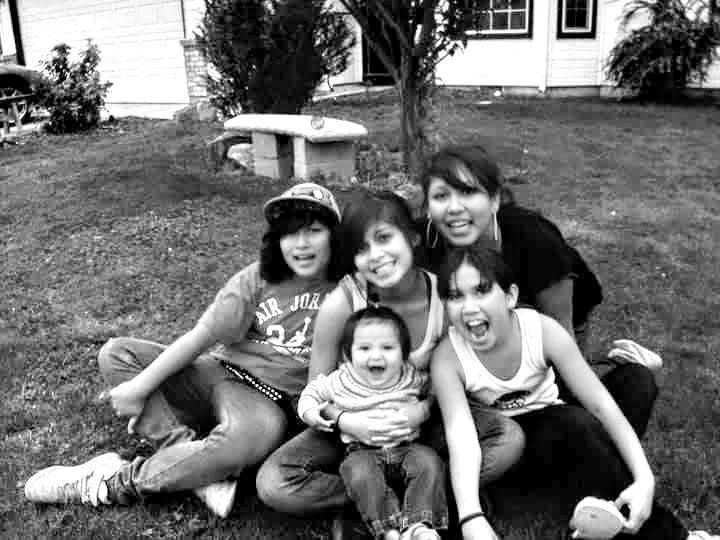
When one of my sisters was in middle school she got into a fight over kids bullying our sister. She was the one who was tough, the protector. All we had was each other and she perceived a threat. When we moved to Caldwell the district basically fast tracked her to the alternative schools.
My mom was concerned with that because of the stigma around our alternative schools. The way people talked about them was so negative. Things like that’s a school for pregnant teens or that's for the kids who are going to end up in juvie, but what they were really saying was that’s a school for the kids who fall through the cracks. Despite my mother meeting with the principal to discuss this concern and being told she could have the opportunity to attend Caldwell High…she was still pushed out. Looking back on those times is hard because it's very obvious that she needed support in all of its forms since Elementary school. Instead, it was constant discipline which only reinforced the label. Why was there no support with counseling or looking into an IEP? Our dad was in prison, we lived without power and water at times, and dealt with food insecurity. The school could get away without intervening because of the unspoken assumptions they were operating from. This child is not “teachable” and “that parent(s) do not care.”
Labels are harmful in that they allow the systems to do their work. These labels don’t happen overnight, rather they add up as the child doesn’t check boxes. I believe there are individuals who are doing the work but until our systems change, we will continue to cause harm.
How have you seen Latinx students targeted through dress codes in Nampa and Caldwell Schools?
Unfortunately, throughout the years and in different roles, including as a community member, I have witnessed, in my opinion, unnecessary dress code violations. They often surrounded Chicano culture that is perceived as gang culture, which is where those harmful labels come in.
I did hear about the [Brown Pride] protest. I wish we could just put up a presentation to give a myth versus fact presentation about the Chicano Movement and what Brown Pride really means. It’s hard to break a stereotype when it's guided by society as a whole. I think that it would be so powerful to have a space for storytelling. Look at my family. My dad’s side of the family is from Texas and Mexico, but they came this way to work in the fields when the government made a call for workers. This is not every Brown kid's story, but it is a part of Idaho’s history and it's important. Brown Pride isn’t about gangs, for me it's about the position I’m in and who I represent. I’m proud of everything I’ve accomplished because while the systems worked to keep me down, I still overcame it. People say, “what if I wore a white pride shirt?” and it’s not the same thing.
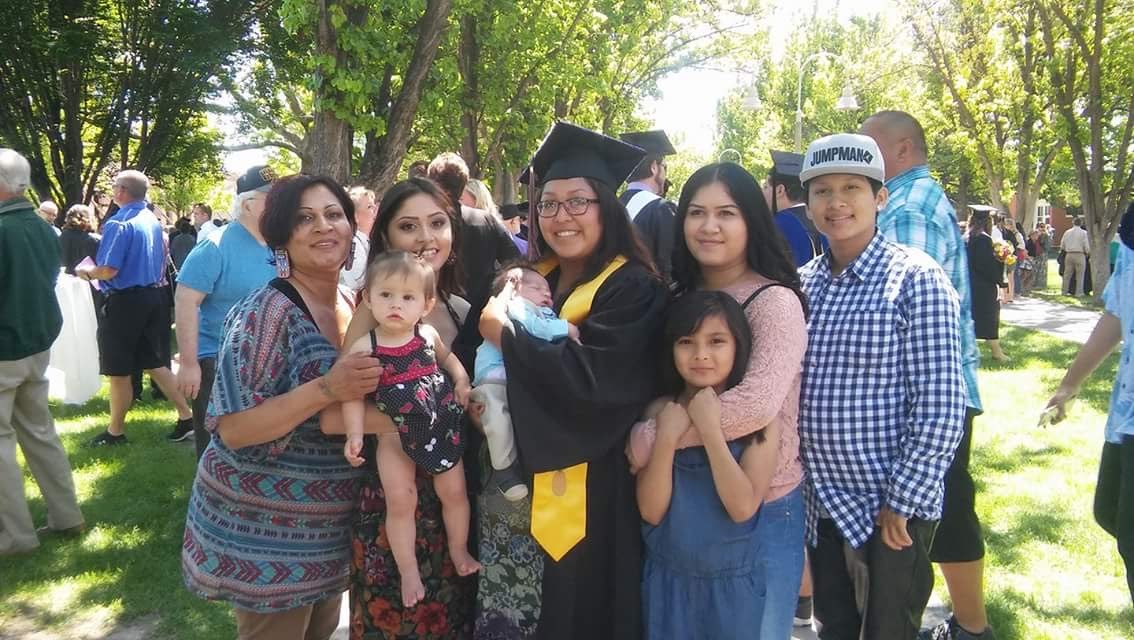
Do you think law enforcement and police in schools play a role in misconceptions about the Latinx community?
Absolutely. I’ve even been in a situation where I was pulled over with friends in high school. One of my friends had tattoos on his arms and the cops did not believe he was a student. So, they handcuffed him and laid him on his belly. My friend had a good relationship with the School Resource Officer and told the cops to call him. Once they did, they uncuffed him. But why did they have to handcuff him and place him on the ground like that? He wasn’t running, he wasn’t hostile, we complied, and were all sitting there. And the only reason they pulled us over was because they thought they saw a “wanted” person in my car.
I had a friend who was questioned by her SRO constantly despite being a 4.0 student. Because of her brother and his experience with education they tried to push her into the same mold. When she was little, she fell off a trampoline and got a scar in her eyebrow, the hair won’t grow back. Adults assumed she was intentionally making the slit because of gang affiliation. As a teen I never viewed police presence as positive.
Currently at the elementary level, I have seen some positive changes. I don’t know that it’s [a change on] the system level, but the individual is doing the work. They really work to make their presence neutral–meaning their presence isn’t always in response to something negative. They come have lunch with the kiddos, hang out at recess, and check in with lots of people in the building.
What change do you think needs to happen in schools in Caldwell?
I have a hard time answering questions that are so tied to the system because there’s so many layers and they're all interconnected. I think it starts with having more people of color in the building. [Having] people who look like a great percentage of the students is powerful. Unless you’ve experienced being the outsider, you don’t know how important it is to have some who likes like you. There’s a certain level of safety that comes with that. At the district level, hiring bilingual staff [should be] a priority for all buildings.
I think that cultural celebrations can have a huge impact. Like I mentioned having a space for storytelling. We do the work and create equity but in that we may still get lost. Not all Brown kids are Mexican. We have families from Peru, Guatemala, and other places. How can we honor everybody? Holding space for each other is powerful, even in our own discomfort.
Caldwell School District adopting the Community School model is a step in the right direction. I came into this work with the mindset that I was here to help specific populations or kids who were like me, experiencing poverty. But what I’ve learned is, if we focus on opportunity instead of barriers, we can impact all students and families not just the ones we’ve created labels for (like families experiencing homelessness or one parent households). I wear a lot of hats but the one I’m learning to be an expert at is coordinating and relationships. One of the big messages of community schools is no more random acts of programming. Focus on data driven decision making. At my school there is a faith-based organization who has supported us in many ways. After completing a parent survey our responses told us it was time to shift where the support was going. Through my relationship, we were able to successfully do that. Without this role the giving would have continued but it may not have made as great of an impact as far as current needs. My role is unique in that every day looks different and not being tied down to a classroom allows for meetings and networking where relationships are the key component.
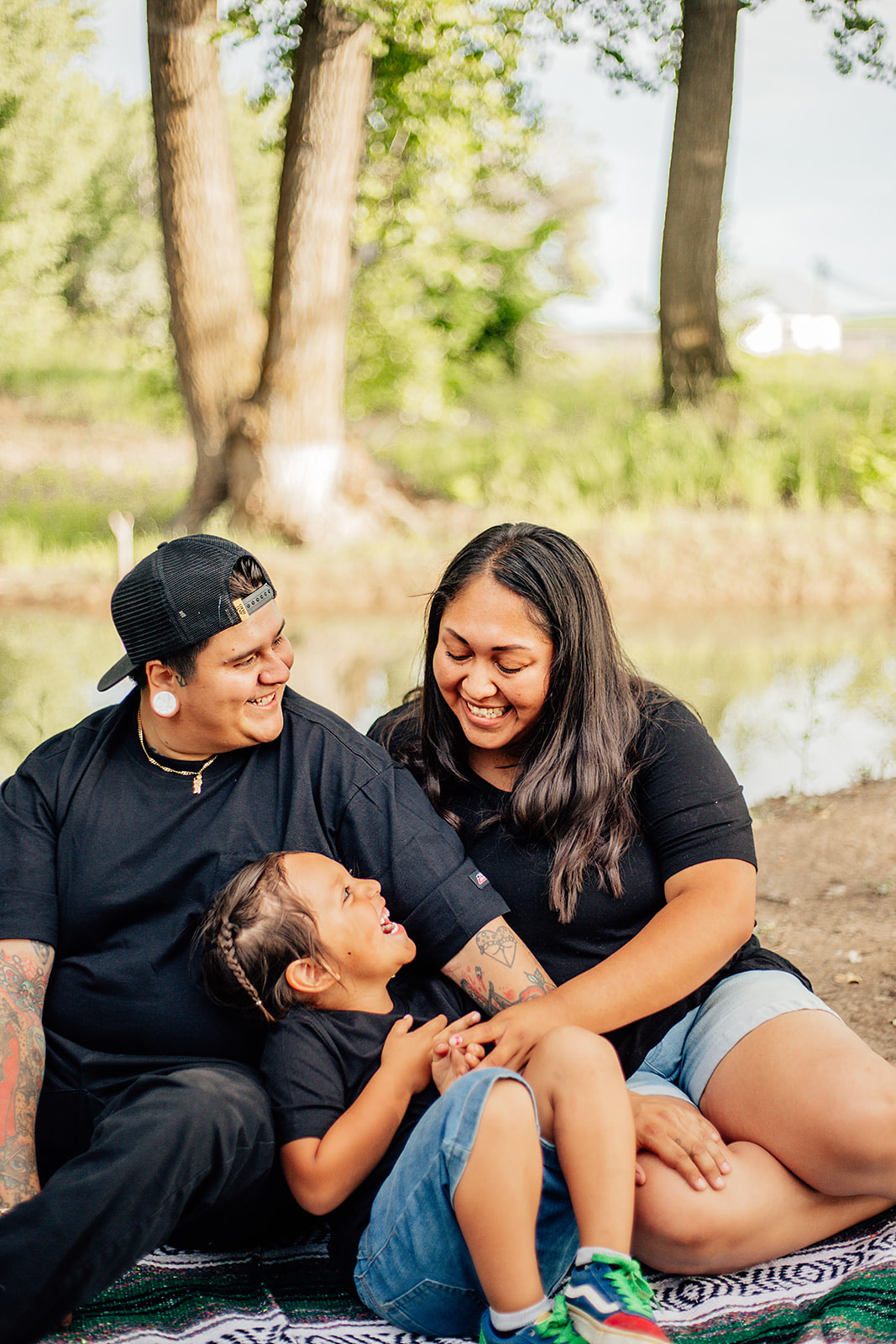
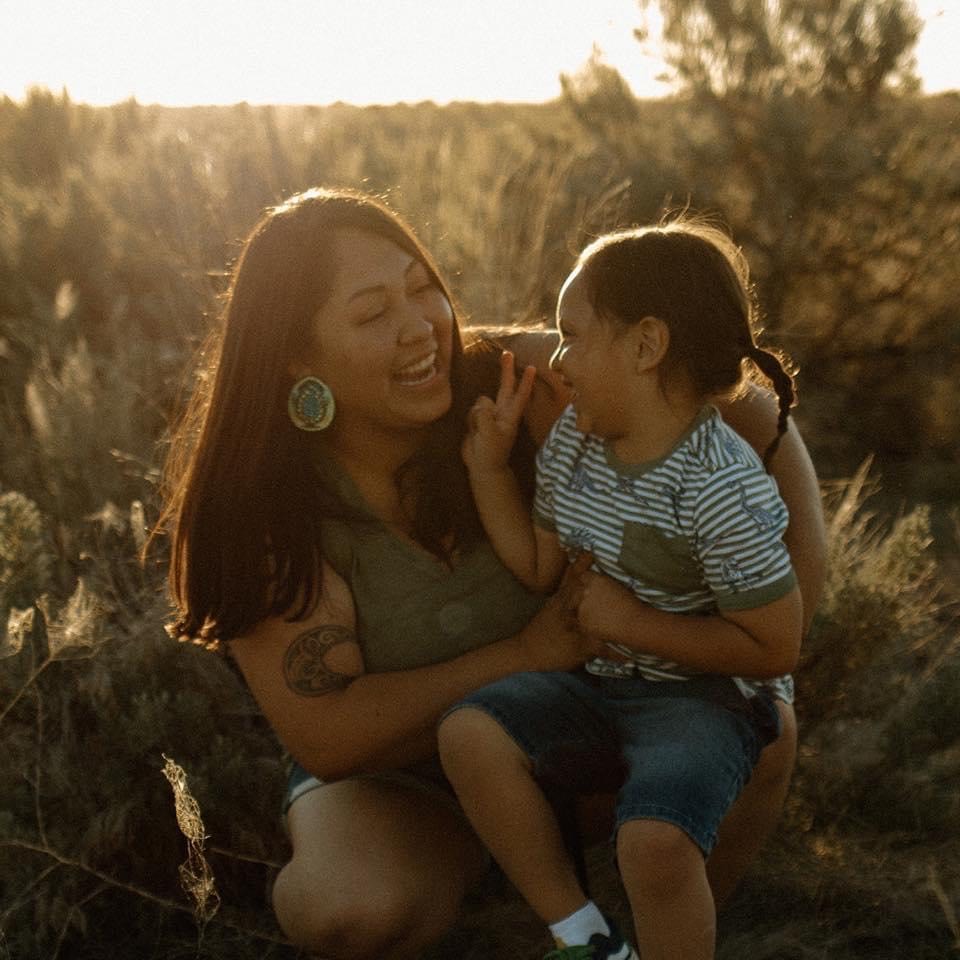
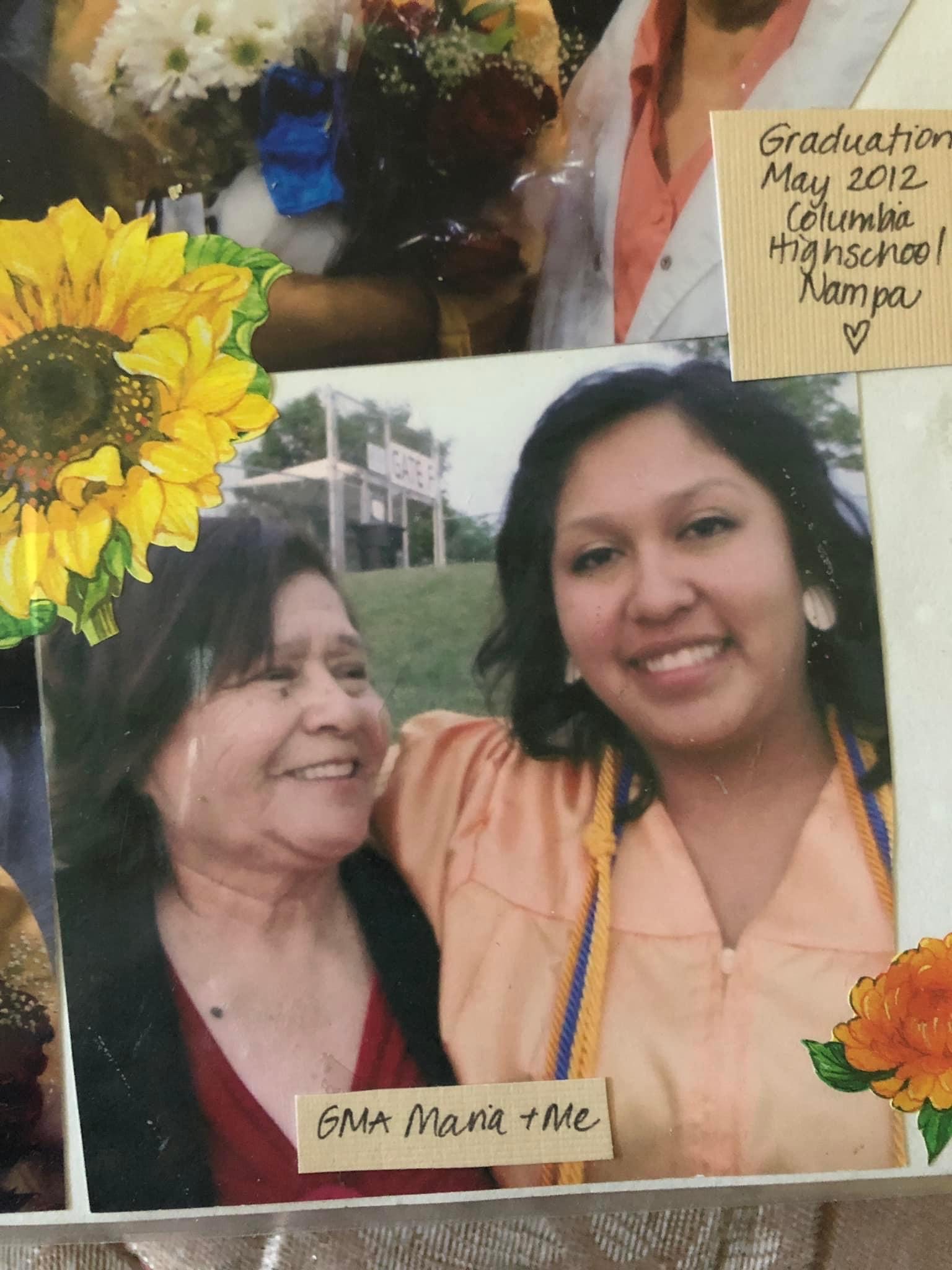
The Education Equity for Latinx Students project started in the fall of 2022 as part of our efforts to expand racial justice work on behalf of Idaho students, beginning with Latinx communities.
READ MORE STORIES AND LEARN ABOUT THE EDUCATION EQUITY FOR LATINX PROJECT

